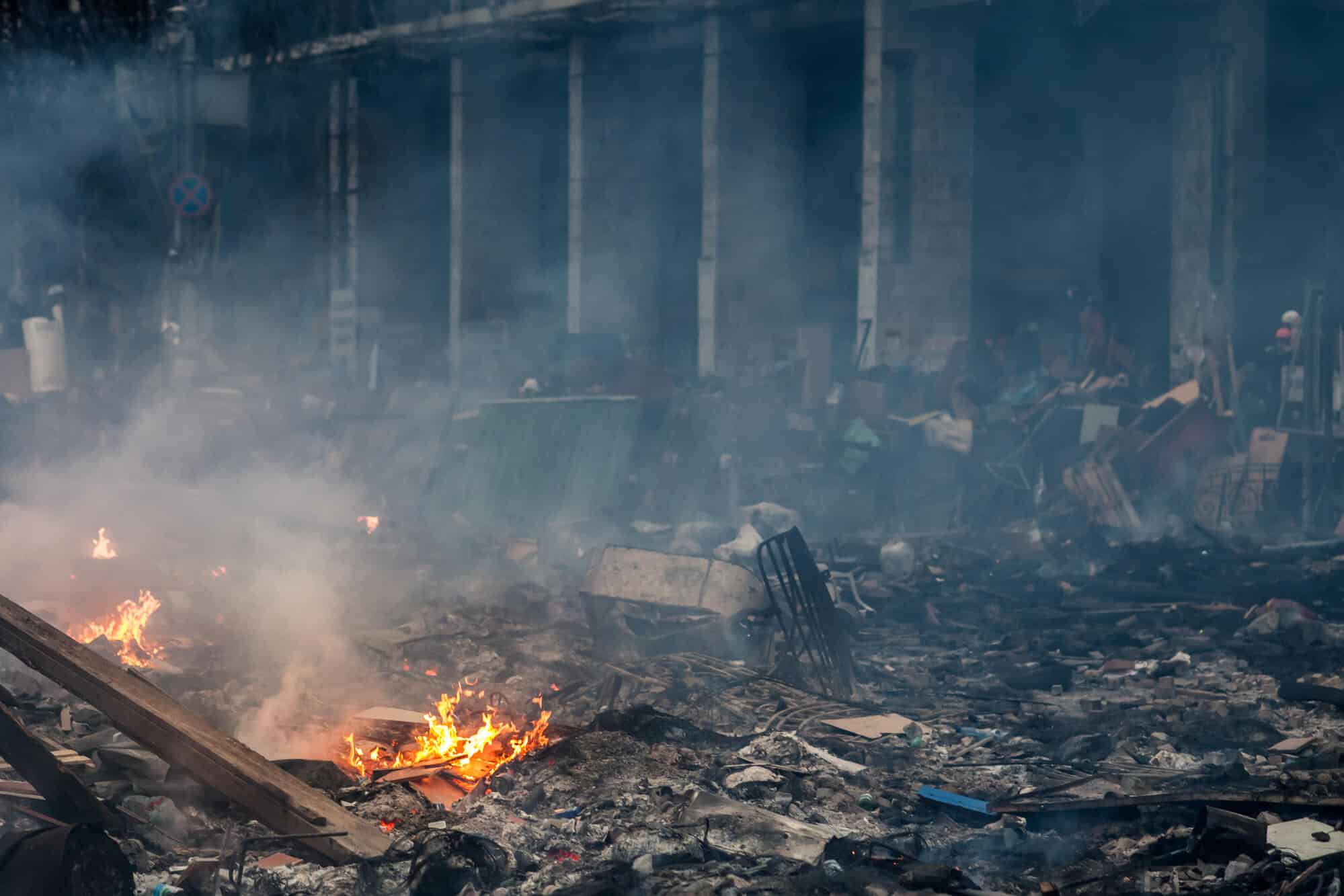Academies of sciences around the world are beginning to sever official ties with the academies of Russia and Belarus, but do not prevent scientists from maintaining personal and professional ties with their colleagues. The Israeli Academy of Sciences announced a program to admit Ukrainian scientists

The trend of severing the West's academic and research ties with Russia and Belarus is gaining momentum, as more Western governments and organizations move to isolate the countries from a scientific point of view.
The Netherlands has announced that it is freezing all research and education ties with Russia and Belarus over the Russian attack on Ukraine. Slovenia is also expected to make a similar decision. Research Minister Simona Kostek called for an immediate response, which "will include a decision to suspend cooperation until a peace agreement is reached in Ukraine."
Germany, Denmark and Lithuania issued similar notices earlier. Germany was the first to cut all ties with Russian universities last week, though encouraged its academics to maintain professional ties with their Russian colleagues.
International organizations also join the boycott of Russia and Belarus. The European Federation of Academies of Sciences and Humanities (ALLEA), an alliance of more than 50 academies in Europe, has announced that it will suspend its Russian and Belarusian members.
The two suspended institutions are the Russian Academy of Sciences, which includes 1,008 institutions across the country and employs about 47,000 researchers, and the National Academy of Sciences of Belarus, which employs over 6,000 researchers in the country.
Seven Western governments have suspended cooperation with Russia in the Arctic Council, of which Russia is the acting president. The United States, Canada, Iceland, Denmark, Norway, Sweden and Finland are members of this body, which coordinates the management of the area, including through a special scientific protocol that specifies how the countries must grant access to each other's territories and civilian laboratories for research.
Cessation of the flow of money or data to the research institutions in the embargoed countries
The message The Dutch order, which takes effect immediately, freezes all research and education partnerships with Russia and Belarus, and stops sending money or data to research institutions in these countries. The Dutch government also advised all Dutch students, lecturers or researchers in Russia and Belarus to return to the Netherlands.
In addition to this, no new collaborations will begin, all joint scientific events will be canceled and no researcher affiliated with a Russian or Belarusian institution will be invited to play a role in evaluating research proposals.
The move will not affect students, teachers and researchers from these countries who are currently in the Netherlands, with the promise that they will be supported "as much as possible" by their host institutions.
Meanwhile, EA's decision to suspend the Russian and Belarusian academies is only aimed at the "institutional level", according to Her statement, but acknowledges that the decision may have unintended consequences for individual scientists, some of whom spoke out against the war in Ukraine.
ALLEA reached the decision after raising questions about the degree of independence of the academies in Russia and Belarus from their governments.
A week earlier, the association condemned the war in Ukraine in a separate statement. The decision will be "re-examined" in May when the member academies of ALLEA gather for their general assembly.
The Israel Academy of Sciences offers ten emergency scholarships to Ukrainian scientists who want to be accepted in Israel
In Israel, the Russian invasion of Ukraine was explicitly condemned, but no action was taken against Russia. However, the Academy also announced an emergency plan to help Ukrainian scientists.
The Israeli Academy of Sciences and Humanities expresses its grave concern about the constantly deteriorating situation in Ukraine. We express deep solidarity with our counterpart, the National Academy of Sciences of Ukraine, and with the entire academic community in Ukraine, and are especially concerned for the safety of our colleagues and their families in the midst of Russia's devastating invasion. Our hearts are with the Ukrainian people in these tragic days, and our hope is that this terrible situation will soon come to an end peacefully, for the benefit of all.
As an immediate response, we offer to fund up to ten emergency scholarships for Ukrainian researchers during the year, to allow them the opportunity to continue their scientific work in Israel.
The process of submitting the application will take place exclusively through the rectors of the universities in Israel. The funds will be distributed from the academy to the universities, so that they directly support the researchers.
The scholarships will be for a period of up to three months, with an option to extend for another two months. The scholarships will cover international travel costs for the researcher, and accommodation and living expenses, up to a maximum of NIS 25,000 per researcher for a period of three months.
